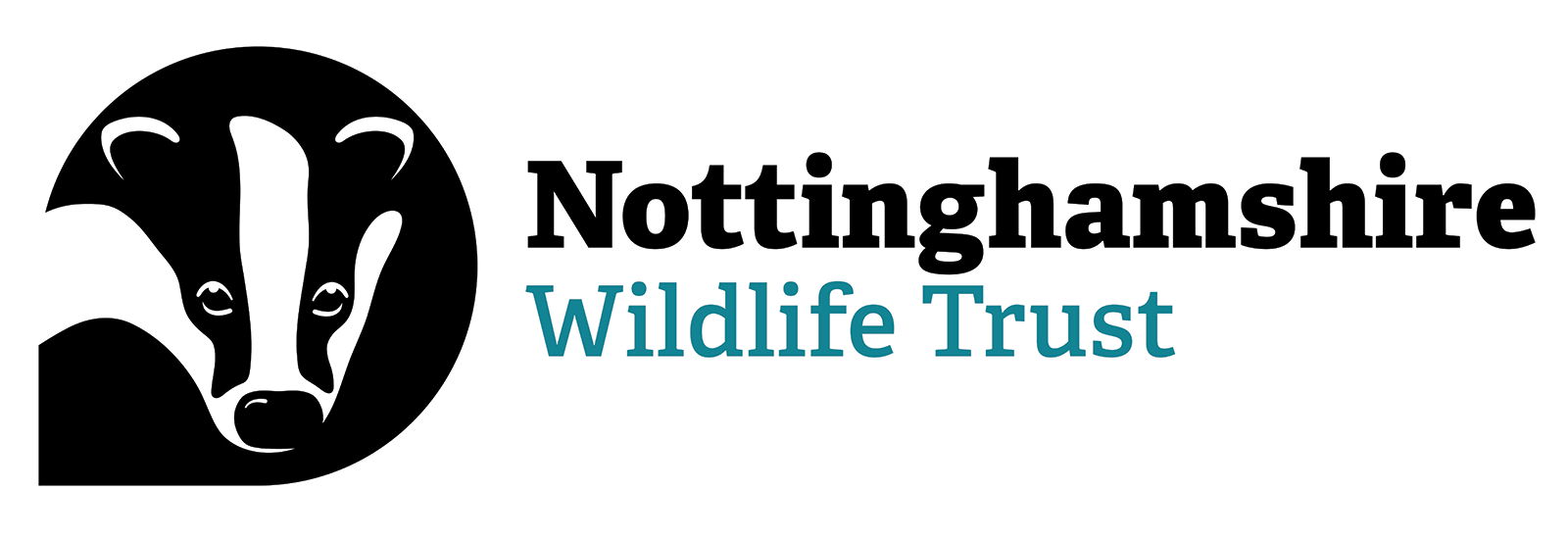An exploratory well was drilled by IGas at Misson Springs in north Nottinghamshire in 2018 and shale gas was found, but any potential application for fracking of the site was put on hold following the announcement of the Government’s shale gas fracking moratorium in late 2019. The exploratory drilling well was due to be removed and fully restored by November 2020, but the company has now applied for a 3-year extension so that it can delay that restoration, thus keeping open the option to apply for fracking if the moratorium is lifted.
Nottinghamshire Wildlife Trust, which has cared for the Misson Carr Nature Reserve, home to fragile and rare wetland habitats and threatened species, since 2001 has objected to the application and is calling on the Council to refuse the extension and to insist that the site be restored as soon as possible. Habitats include rare wet woodlands, marsh and old grazing pastures and the county's largest remaining fragment of a fenland system that once covered much of the local landscape. Species include many unusual plants such as twayblade and the site is also rich in bird species – with all 5 UK species of owl having previously been recorded.
Speaking on behalf of Nottinghamshire Wildlife Trust, Head of Nature Recovery (North) Janice Bradley said: “Together with many local residents and campaigners we have opposed the shale gas exploration at Misson Springs since day one. We have real concerns about the potential disturbance to rare breeding birds and the risks of pollution and other impacts on the site’s delicate ecosystems and fragile hydrology.”
